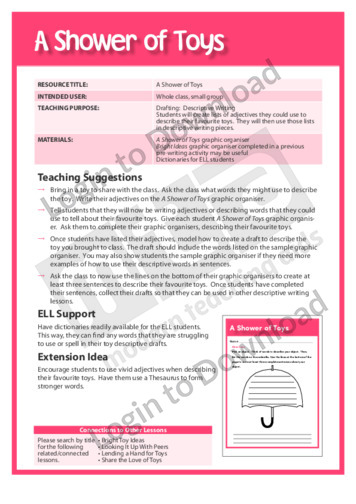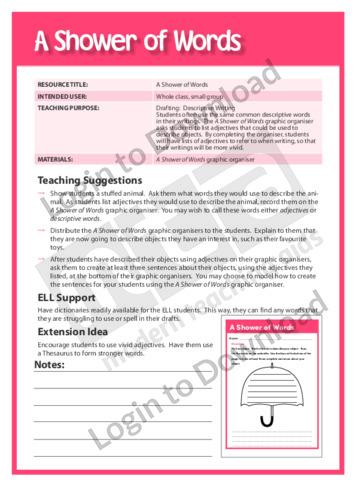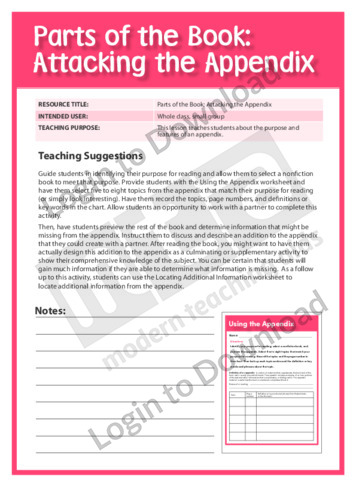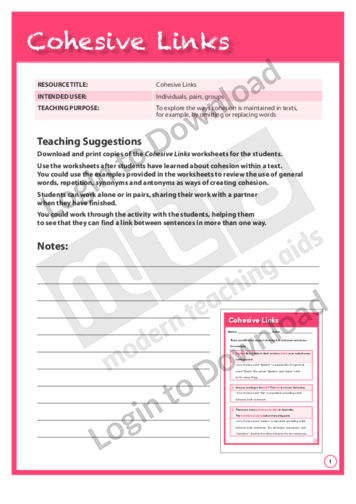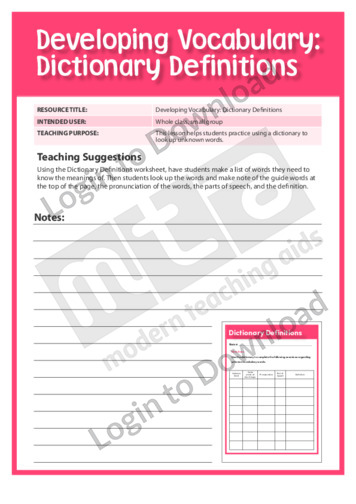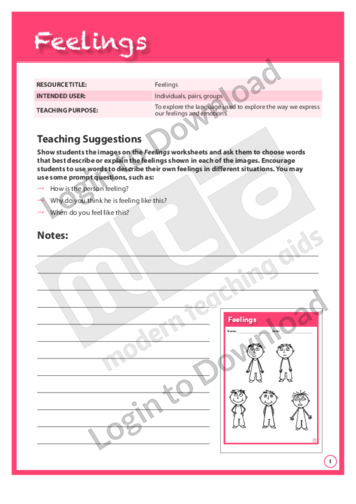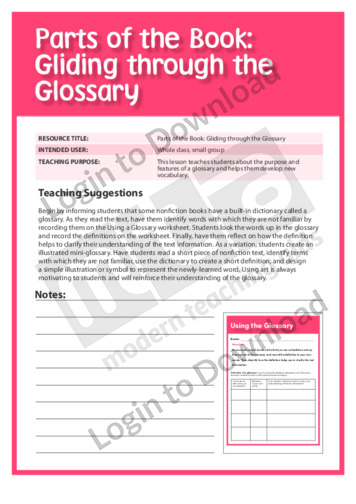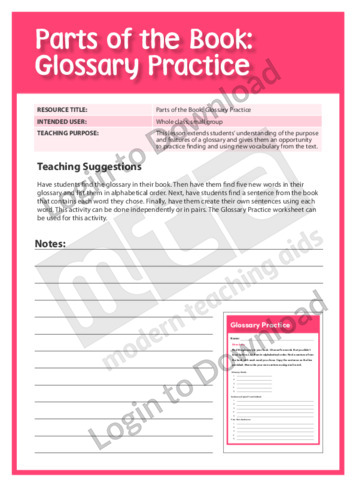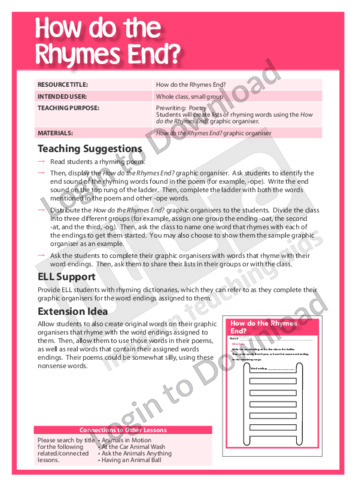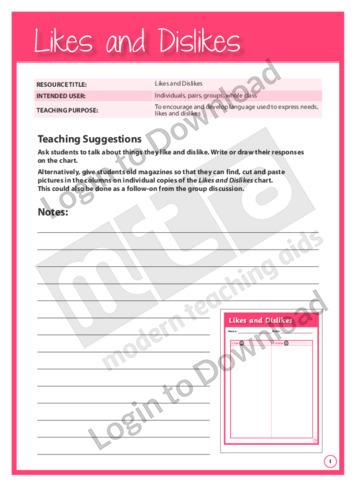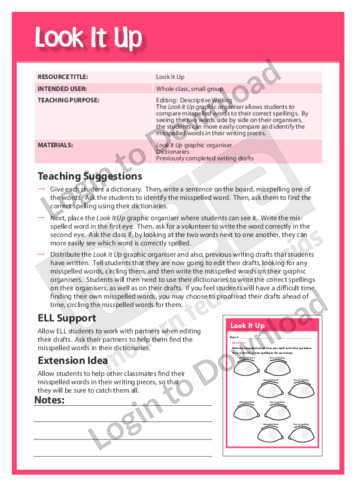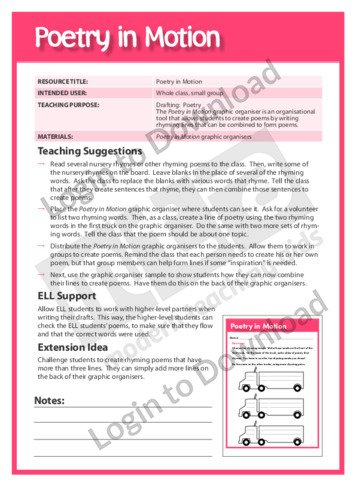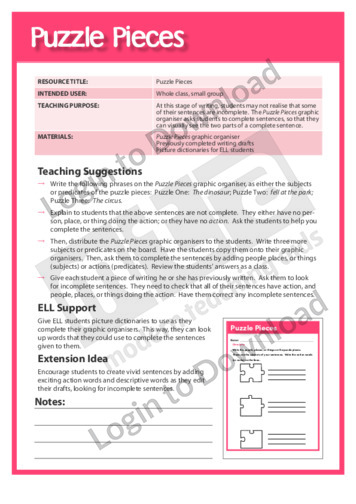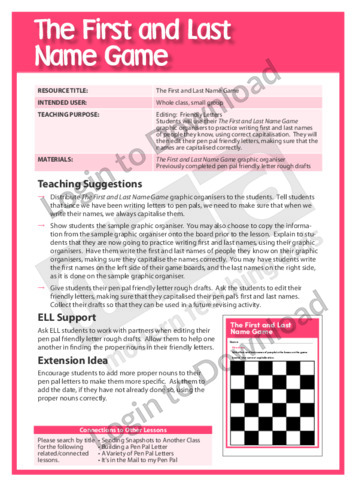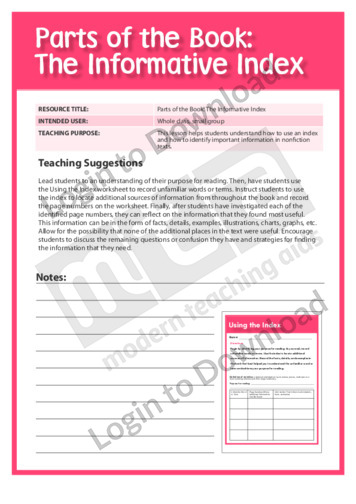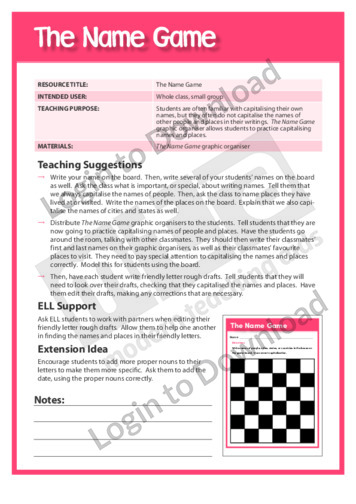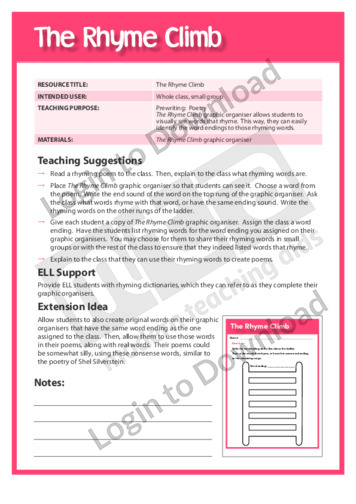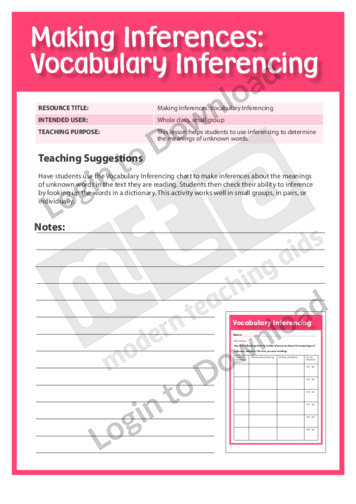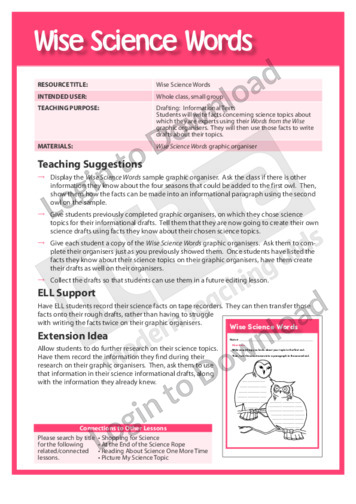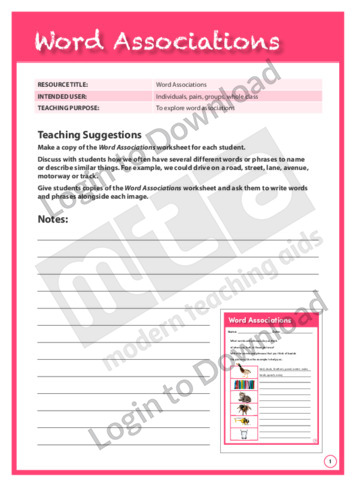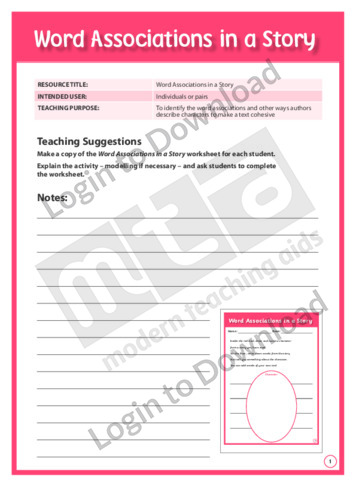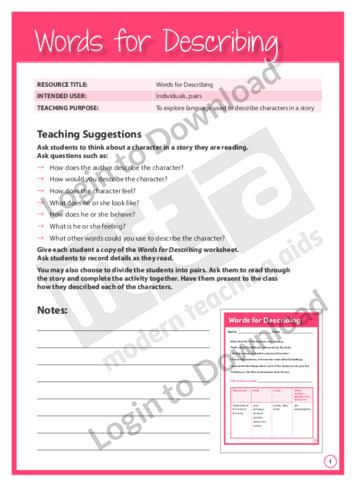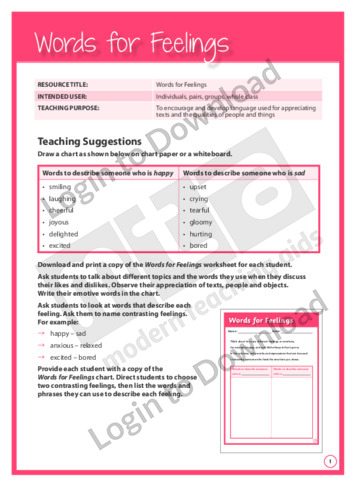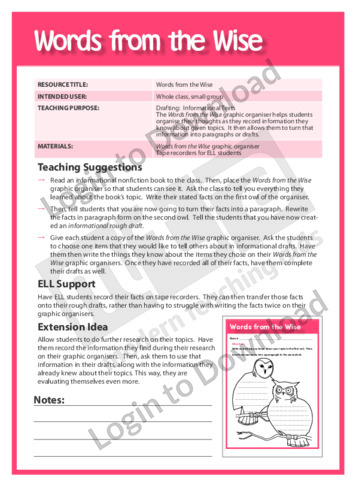This graphic organiser, ‘A Shower of Toys’ provides students with the opportunity to create a word bank of adjectives about toys that could be used in descriptive writing.
This graphic organiser, ‘A Shower of Words’ provides students with the opportunity to create a word bank of adjectives that could be used in descriptive writing.
This content area reading learning activity, ‘Attacking the Appendix,’ teaches students about the purpose and features of an appendix. It has students select topics from the appendix of a nonfiction book that match their purpose for reading.
This written language activity, ‘Cohesive Links’ supports language development by encouraging students to explore the ways cohesion is maintained in texts, for example, by omitting or replacing words. It is aimed at developing students’ awareness of the use of general words, repetition, synonyms and antonyms as ways of creating cohesion.
This content area reading learning activity, ‘Dictionary Definitions,’ helps students practice using a dictionary to look up unknown words. It has students look up unknown words in a dictionary and encourages them to take note of the guide words at the top of the page, the pronunciation of the words, the parts of speech and …More
This oral language activity, ‘Feelings’ supports language development by encouraging students to explore the language used to express feelings and emotions. It is aimed at developing students’ awareness of feelings through a fun activity in which students have to choose words that best describe certain images.
This content area reading learning activity, ‘Gliding through the Glossary,’ teaches students about the purpose and features of a glossary. It is aimed at helping students develop new vocabulary by having them look up unfamiliar words in the glossary and record the definitions on a worksheet.
This content area reading learning activity, ‘Glossary Practice,’ extends students’ understanding of the purpose and features of the glossary. It is aimed at giving students an opportunity to practice finding and using new vocabulary from the text.
This graphic organiser, ‘How Do the Rhymes End?’ supports students in creating lists of rhyming words with common endings.
This oral language activity, ‘Likes and Dislikes’ supports language development by encouraging students to develop language used to express needs, likes and dislikes. It is aimed at developing students’ awareness of their responses and reactions through a fun activity.
This graphic organiser, ‘Look it Up’ supports students spelling development by comparing misspelled words with their correct spellings.
This graphic organiser, ‘Poetry in Motion’ supports students in creating poems by combining rhyming words and sentences.
This graphic organiser, ‘Puzzle Pieces’ supports students in developing their writing skills and structuring complete sentences.
This graphic organiser, ‘The First and Last Name Game’ provides students opportunities to practise capitalising first and last names.
This content area reading learning activity, ‘The Informative Index,’ helps students understand how to use an index. It is aimed at teaching students how to identify important information in nonfiction texts.
This graphic organiser, ‘The Name Game’ provides students with the opportunity to practise capitalising names and places.
This graphic organiser, ‘The Rhyme Climb’ encourages students to identify words that rhyme and rhyming word endings.
This content area reading learning activity, ‘Vocabulary Inferencing,’ helps students use inferencing to determine the meanings of unknown words. It is aimed at building students’ vocabulary and developing their skills in inferencing.
This graphic organiser, ‘Wise Science Words’ supports students in recalling and organising information and gives them the opportunity to draft a piece of writing on a science topic.
This vocabulary activity, ‘Word Associations’ supports language development by encouraging students to explore word associations. It is aimed at developing students’ awareness of word associations through an activity in which the students write words that they associate with different images.
This vocabulary activity, ‘Word Associations in a Story’ supports language development by encouraging students to identify the word associations and other ways authors describe characters to make a text cohesive. It is aimed at developing students’ awareness of word associations through an activity in which the students draw and write words to describe a character …More
This oral language activity, ‘Words for Describing’ supports language development by encouraging students to explore language used to describe characters in a story.
This oral language activity, ‘Words for Feelings’ supports language development by encouraging students to explore the language used to express appreciation of the qualities of texts, people and objects. It is aimed at developing students’ awareness of contrasting feelings.
This graphic organiser, ‘Words from the Wise’ supports students in recalling and organising information and gives them the opportunity to draft their writing.
It�s that easy!

